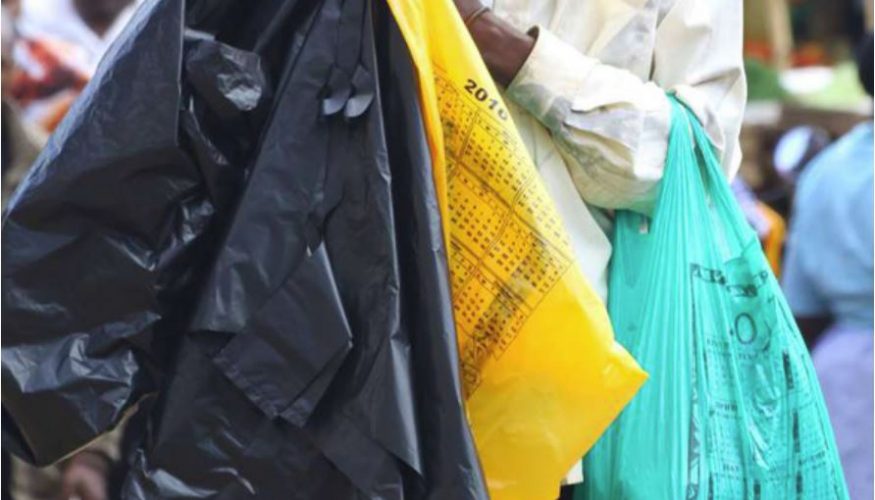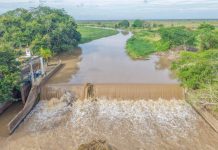A DAY after Prime Minister Kassim Majaliwa announced a ban of plastic bags by June 1 this year, the Minister of State in the Vice- President’s Office (Union Affairs and Environment), Mr January Makamba, said they had submitted the regulations to that effect to the Attorney General as he gave an assurance that there would be no shortage of alternative bags.
Speaking to reporters here yesterday, Mr January Makamba said the move was aimed at protecting the environment from choking mounds of the deadly plastic wastes.
However, Mr Makamba said the regulations would state clearly that the ban would not cater for plastic packaging materials for fresh diary milk, green houses as well as packaging materials for in-dustrial and construction projects.
“But the manufacturers will be tasked to have a special system for disposing or recycling the plastic bags without littering the environment,” said Mr Makamba Moreover, he said, as for plastic bottles, they will be in the market pending manufacturers’ and importers’ measures for recycling so that the environment is not damaged.
He said before reaching the decision, a special survey and research was conducted in Kenya, Rwanda and Zanzibar, which have managed to enforce a total ban on the use of plastic bags.
Winding up his ministry’s budget estimates on Tuesday evening, Prime Minister Kassim Majaliwa announced a ban on the production, importation, sale and use of all single-use plastic bags by June 1, to help tackle pollution from waste.
He said once effected, the regulations will impose penalties for offences by importers, manufacturers, sellers and users of the plastic bags, each depending on the scope of the offence.
On the shortage, he said, they have met with manufacturers and a number of investors who were ready to flood the market with alternative bags that are environmentally friendly.
“If Kenya and Rwanda were being supplied by paper bags from our Mgololo company, then they will now have to supply the local market than exports,” he said, adding: “There are investors who were on standby and with the ban, they import machines for alternative bags in place of plastic bags” He said the decision to ban the materials was meant to protect the health of people and animals, as well as protect the environment, saying should the ban not be reinforced according to research come 2050, the Indian Ocean, rivers and lakes in the country will be flooded by plastic bags than fish.
He said they will conduct a number of awareness activities to educate the public on the needs to stay away from production, importation, sale and use of plastic bags to deal with environmental challenges.
Tanzania will join more than 60 other countries that have banned, partly banned or taxed single-use plastic bags, including China, France, Kenya, Rwanda and Italy.
Meanwhile, JAMES KAMALA reports that the University of Dar es Salaam (UDSM) is in final stages of fabricating biodegradable plastic bags which decompose and are of less harm to the environment in a first scientific discovery aimed at replacing polyethylene plastic bags which are hazardous to animal, human and ecosystem.
Professor Abraham Temu of UDSM said the new type of the biodegradable plastic bag discovery, is at a considerably good stage whereby it will be made of sisal remains, by using plant and leaves which during the production of fiber, only 2 per cent of the whole crop is used; the rest is waste.
“After fiber is extracted from sisal leaves which takes only 2 per cent, the remaining 98 is wasted, we are trying to discover and give it another use which is environmentally friendly,” Said Prof Temu in an interview with this newspaper.
He said that even though the project is facing some financial difficulties, he is optimistic that the aim will eventually be attained.







